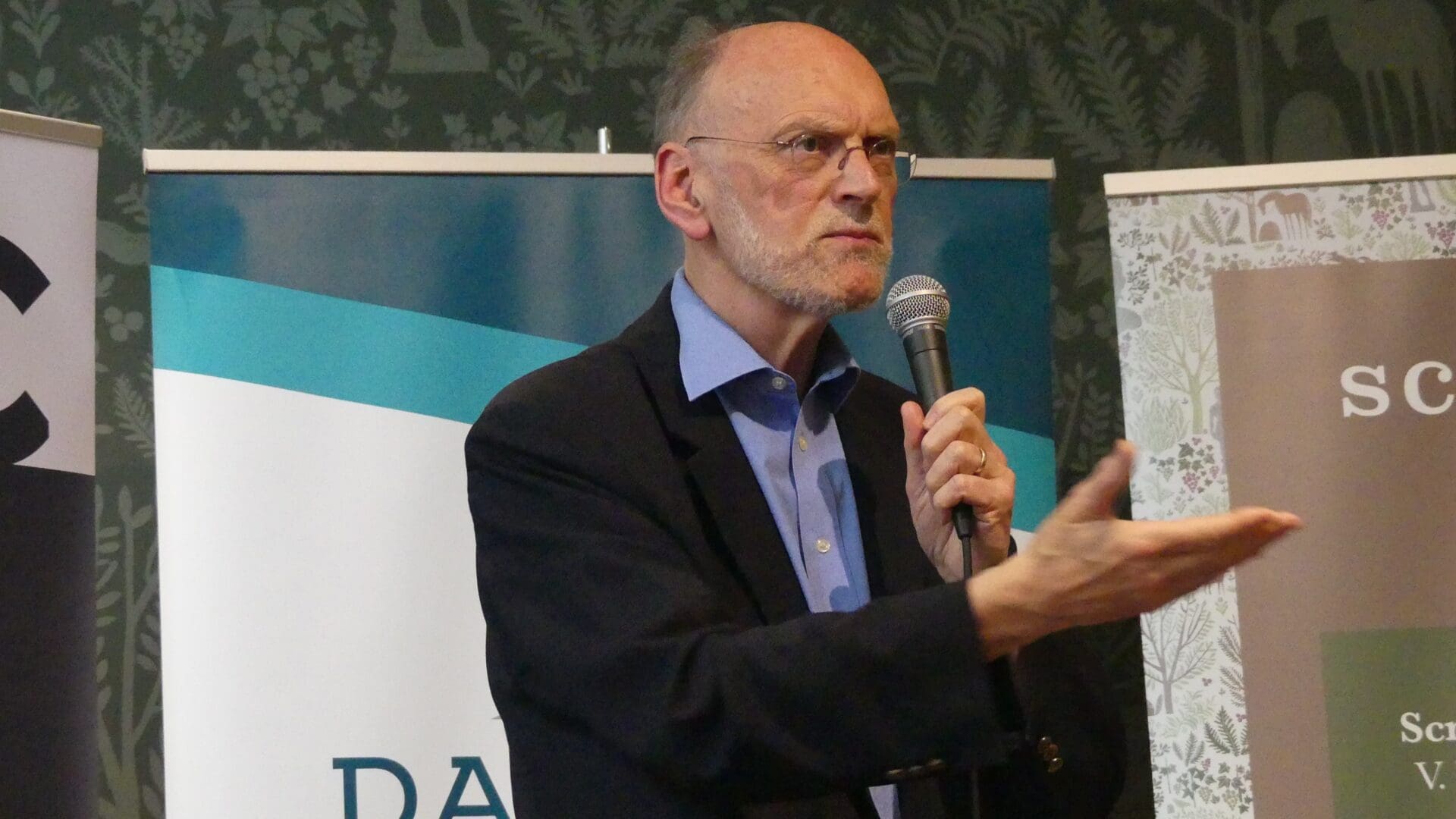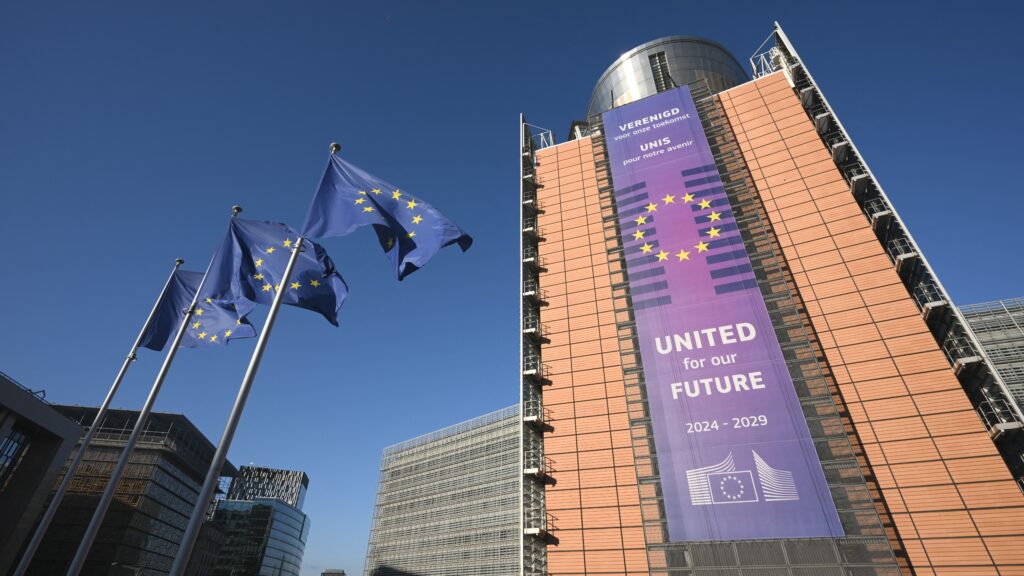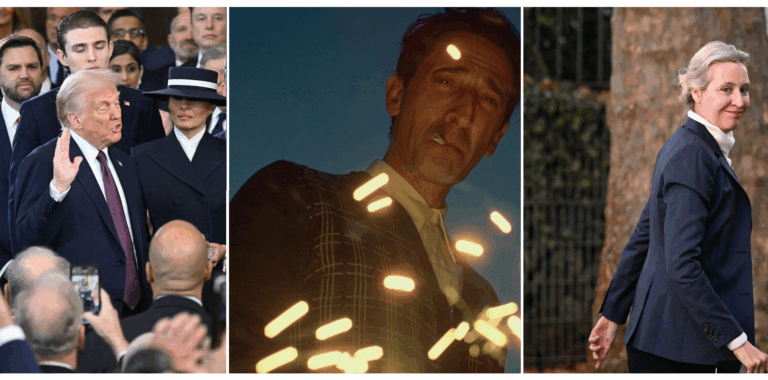Nigel John Biggar was Emeritus Regius Professor of Moral and Pastoral Theology at the University of Oxford until his recent retirement in 2022. He is a British Anglican priest, a theologian and ethicist. In recognition of his outstanding work in higher education, Nigel Biggar was awarded the honour of Commander of the Order of the British Empire in 2021.
Professor Biggar rose to international recognition due to his project at Oxford University called ‘Ethics and Empire’. In a widely read The Times article, Nigel Biggar made the case that the legacy of the British Empire is morally mixed between good and evil; in this spirit, the Oxford University project aimed to scrutinise the British Empire from the perspective of historic facts, ultimately arguing that the extent of guilt around the Empire’s history that the British society feels today may be unfounded.
His recently published book titled Colonialism: A Moral Reckoning is a Sunday Times bestseller. The book is a unique analysis of Western colonialism,
a sober assessment of all the bad and good that the British Colonial Empire stood for.
Without hiding the injustices and violence committed by the Empire, Nigel Biggar argues that the Empire was not the embodiment of pure evil. While assessing most aspects of colonialism from slavery to racism, exploitation and economic oppression, Nigel Biggar invites the reader to judge colonialism in all its complexity, valuing the modernisation and socio-economic transformation it brought about. While initially Nigel Biggar planned to publish the book by Bloomsbury, the publisher ultimately refused to publish it, so Colonialism: A Moral Reckoning was released by HarperCollins.
Professor Biggar was in Budapest recently, taking part in an event to discuss the book that was co-organised by the Danube Institute and MCC at the Scruton café in downtown Budapest. The panellists included, beside Nigel Biggar, David Martin Jones, who is Director of Research at the Danube Institute, and Marie Kawthar Daouda, a lecturer at Oriel College at the University of Oxford. The panel discussion was moderated by Danube Institute President John O’Sullivan.
In his opening remarks, Nigel Biggar emphasised that Britain’s colonial history still attracts a lot of public attention, which makes it inescapable to discuss the morality of empires. The professor highlighted three main reasons that motivated him to write the book. First of all, he felt that that much of the public debate about the British Empire gets basic history wrong. As someone with a history education, he was inspired to write a historically accurate work that clears up some of the debates around colonialism.
Secondly, being of Scottish origin, but also an opponent of Scotland leaving the UK, he wanted to wrote a book that counters the anti-UK sentiments of some Scots. Scottish discourse considers the United Kingdom to be an empire, and empires in turn are equated with pure evil, therefore, leaving the UK is the way of correcting historical wrongs, the Leave side of the debate likes to argue. Nigel Biggar rejects that view as inaccurate, and argues that the denigration of the UK should not be the ground for Scottish nationalism.
The third reason for writing the book was to remind the public of the historical reality that empires were a fact of life. Empires in their heyday were the norm, so they, as political structures, received very little criticism at the time. In fact, it is a uniquely Western practice to talk about the morality of empires.
With empires being the norm, it was rather the rulers who were subjected to scrutiny.
Entire treatises were dedicated to discussing the morality of the emperor, not the ethics of empires.
Nigel Biggar then moved on to discuss the main questions that the book is investigating. The question that is usually asked about empires, and the same goes for the British Empire, is whether the good that they have done outweighs or not the bad things committed by them. In Biggar’s opinion, totalling up all the good and bad actions of an empire is impossible, mainly because the good and bad that is associated with empires cannot be reasonably compared, because they are so different in type. Instead of weighing good and bad, Biggar argues,
it is the essence of the empire that needs to be taken into account when deciding on the moral or immoral nature of colonial Britain.
Was the British Empire essentially racist, as the Nazis were essentially antisemitic? In other words, is the British Empire approximating to Nazism, Biggar asked. His answer, unsurprisingly, is that the British Empire and Nazism certainly cannot be equated. On the contrary: the British Empire was in fact a fertile ground for liberal ideas and intellectuals to grow, which eventually led to the abolishment of slavery, for instance. What is more, the professor reminded, the British Empire exhausted itself and collapsed while opposing Nazi Germany during World War II. According to Biggar, these examples indisputably prove the moral unequalness of colonial Britain to Nazism.
The second panellist, Marie Kawthar Daouda’s main point revolved around a reminder that ‘no one is perfect’, which includes both Empires and the ones who benefited from them— as Cecil Rhodes did from the British Empire. Guided by the idea that ‘no one is perfect’ Marie Kawthar Daouda also reminded listeners that Africa was not a perfect place before colonialism either–the idea of a noble savage and tribes living harmoniously with each other on the African continent before the arrival of Europeans does not correspond to reality. Slavery, violence and empires were the norm on the African continent as well even before Western colonial powers came about. Finally, Marie Kawthar Daouda, a Moroccan–French national also made the case that in fact even among Western European Empires, the British Empire was not the worst—the French or other European empires were involved in more morally questionable matters than the British.
There were two more points the panellist agreed on and were crucial to better understanding the British Empire. Firstly, it is important to recognise that
colonial power was both weak and limited.
Before the telegraph was invented, it took a week to get from Sydney to the nearest colonial office–which seriously restricted the colonising authority’s ability to supervise or intervene in local affairs. In other words, the panellists suggested, without the active cooperation and endorsement of the locals and natives, the empire could not have functioned. Another fact Nigel Biggar cited was that during colonial times, when India had a population of 300 million, only about a 100,000 British lived in the country. It would have been impossible for these colonial officers to maintain the Empire’s rule without the active cooperation of Indians. Had the empire been systematically racist and genocidal, the native population would not have worked on maintaining the rule of their colonisers.
Another important aspect that was highlighted during the discussion was that colonial officials were chiefly concerned with upholding the rule of law. In fact, the rule of law and the stability that was associated with it
inspired many Chinese to voluntarily move from civil war-torn China to colonial Hong Kong.
At the time settlers were attracted to Hong Kong not by its democracy—but by the relative peace and stability of the city that was maintained by the colonial rule. The concern about the rule of law was so great in the colonial establishment that anyone who caused disturbance was seen critically by the administration. This included missionaries, too, who—by challenging local customs—were quite prone to causing upheaval. Valuing the rule of law over the apparent forced spreading of Christianity, the East India Company actually banned missionaries for a while.







